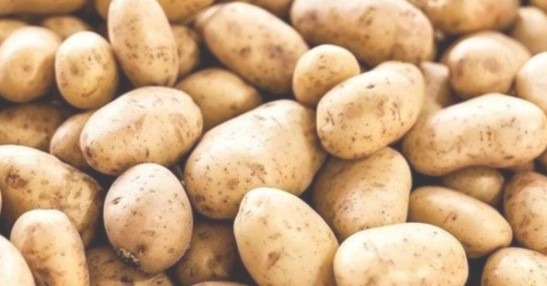In a significant move to reduce reliance on imported Irish seed potatoes, the Zimbabwean government has focused on promoting local production, leading to a surge in potato consumption, especially among the youth demographic.
The Ministry of Lands, Agriculture, Fisheries, Water, and Rural Development highlighted a noticeable increase in the consumption of Irish potatoes and rice, particularly among the younger generation, in a recent social media post.
To support this growth, a potato value-chain financing facility was established in 2021, coinciding with the declaration of potatoes as a strategic food crop.
In May 2022, the Government launched the Potato Value Chain Financing Facility at Parklands Farm in Norton, aiming to address the seed potato shortage that previously led the country to import a significant portion of its requirements, primarily from South Africa.
Statistics from the Zimbabwe National Statistics Agency (ZimStats) revealed a substantial increase in fresh or chilled potato imports, rising from US$2.6 million in 2019 to US$12.9 million in 2022.
To safeguard domestic production, the Government implemented a ban on potato imports from South Africa in January 2024 following the outbreak of the pepper ringspot virus in the country. Professor Obert Jiri, the Permanent Secretary in the Ministry of Lands, Agriculture, Fisheries, Water, and Rural Development, emphasized the importance of these restrictions to protect the local potato industry and farmers. The government is now closely monitoring potato imports and seed potato protocols to ensure the safety and growth of the local potato sector.
Over the years, Zimbabwe has seen an increase in annual potato production, with figures rising from 400,000 tonnes in the 2013/14 season to 600,000 tonnes in the 2019/20 cropping season.





